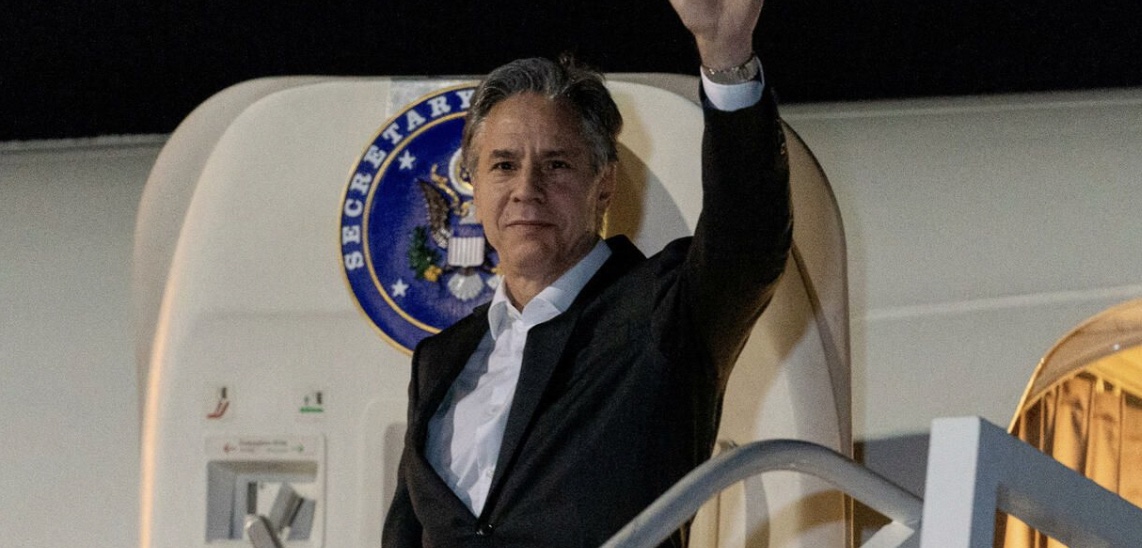The US secretary of state Antony blinken two days ago he went to Africa to give a strong response to the trip of his Russian counterpart Lavrov who at the end of July visited Egypt, Uganda, Ethiopia and the Democratic Republic of Congo. Lavrov sought support for Moscow after the war events in Ukraine and allegations of blocking grain to Africa.
Blinken after the first stop in Pretoria and South Africa will travel in the coming days to Congo and Rwanda to confirm and reiterate the American commitment in that region of the Black Continent. Preceded by the US ambassador Linda Thomas-Greenfield, in recent days in Ghana and Uganda, Blinken arrives in Africa at the same time as French President Emmanuel Macron who went, instead, to Cameroon, Benin and Guinea-Bissau. Macron was in Africa to tackle the terrorism dossier in the Sahel, but also to stem the pressure of the Russians in the various French-speaking countries.
For years, Moscow and Beijing have initiated a massive influence in Africa thanks to the vacuum left by the Americans, following the disinterest of the former Trump administration. Russia has signed new military agreements with local autocratic governments by deploying its mercenaries of the Wagner group, handsomely paid by the militia leaders with gold and diamonds. Revenues then converted into US dollars by China, useful for paying international debts, financing the war and circumventing international sanctions.
Last March at the United Nations there was a deep rift over the motion against the Russian invasion of Ukraine. In South Africa, the fight against apartheid was strongly supported by the Russians. Many countries that did not join then have economic, military, ideological ties with Moscow dating back to the Cold War. While the supporters of the resolution include the continent's most stable democracies, such as those of Ghana and Botswana.
For this reason Blinken, during his trip to Africa, will announce the new strategy of the Biden administration for the sub-Saharan area. Recognizing those African countries as geostrategic actors and crucial partners on the currently most pressing issues, such as food insecurity and pandemics.
Dossiers that will also be treated during the US-Africa Summit organized in Washington next December.
For the United States, South Africa is the most important trading partner of the region: it already hosts at least 600 American companies and is considered the gateway to other African markets because it is very influential on the political decisions of the African Union. Congo, on the other hand, is the largest country in sub-Saharan Africa and has immense resources such as cobalt but is highly unstable. Washington aims to help Congo regain a stability accepted by the international community. For Rwanda, on the other hand, there is the question of human rights after the 1994 genocide: President Paul Kagame is considered by the United States to be a reliable ally, capable of attracting investments and collaborating in peacekeeping missions.
